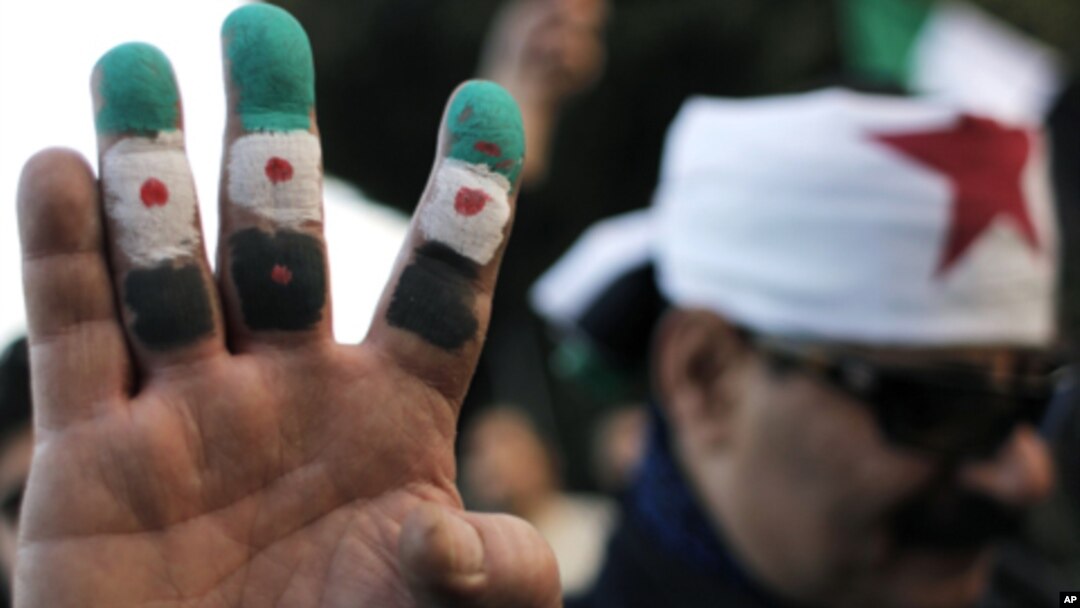Arab League foreign ministers, meeting in Cairo on Sunday, voted to extend the group's already month-old observer mission to Syria, nearly doubling its strength of 165 observers to 300. The decision, which provoked serious disagreements among member states, includes a plan for Syria to form a national unity government, followed by new elections.
The decision to extend the Arab League observer mission was accompanied by a demand that Damascus agree to the formation of a national unity government. The final terms of the plan were issued after hours of closed door debate.
Qatar's Foreign Minister Hamad bin Jassem bin Jabber al Thani said that the lengthy debate among Arab countries was sincere and that the Arab League was not divided. He added that there is no desire to prolong the Syrian crisis and cause further bloodshed or economic damage.
He said the Syrian government must comply with previous Arab League demands to end the violence, withdraw its army from civilian areas and release prisoners in addition to facilitate the mission of the Arab League observer team, which will be expanded and receive U.N. training.
Al Thani went on to stress that the main focus of the new Arab League plan is the formation of a national unity government under the auspices of Syria's vice president. He said that the new plan resembles the Arab plan that reached a political solution in Yemen.
Qatar's foreign minister said the Syrian opposition would begin a dialogue with the government under the auspices of the Arab League and that Syria's vice president would be tasked with forming that new government within two months. He noted that the plan also calls for parliamentary and presidential elections to be held in the coming months.
Arab League head Nabil al Arabi indicated that the plan had been developed after consultation with opposition leader Burhan Ghalioun and that it involves the designation of a special envoy to mediate between the opposition and the government.
He said he would appoint a special envoy to mediate between the two sides. He stressed that the Arab League seeks a peaceful solution similar to what happened in Yemen and opposes a Libyan-style international intervention.
Qatar's foreign minister criticized the Syrian government for the ongoing violence, saying that the “excessive use of force” had prompted the Syrian people to “take arms to defend itself.”
Several Arab states, including Saudi Arabia, had pushed for stronger action, calling on the league to refer Syria to the U.N. Security Council. Earlier in the day, Saudi Foreign Minister Saud al-Faisal told reporters that Riyadh is pulling its observers out of Syria.
He said that the "crimes" committed against the Syrian people must be dealt with and that Saudi Arabia is withdrawing its observers because the Syrian government has not fulfilled its obligations under the Arab plan, particularly putting an end to the violence.
Al-Faisal said Syria had not implemented any of the terms of the Arab League plan and demanded that Arab states and the international community “assume their responsibilities” regarding Syria.
Syrian opposition leader Burhan Ghalioun, who met with Arab League officials in Cairo, called on the league to withdraw its observer mission and take the case to the U.N. Security Council. The opposition has condemned the decision to prolong the Arab League mission, saying that more than 900 Syrian civilians have been killed since the Arab League mission began.
| Join the conversation on our social journalism site - Middle East Voices. Follow our Middle East reports on Twitter and discuss them on our Facebook page. |


